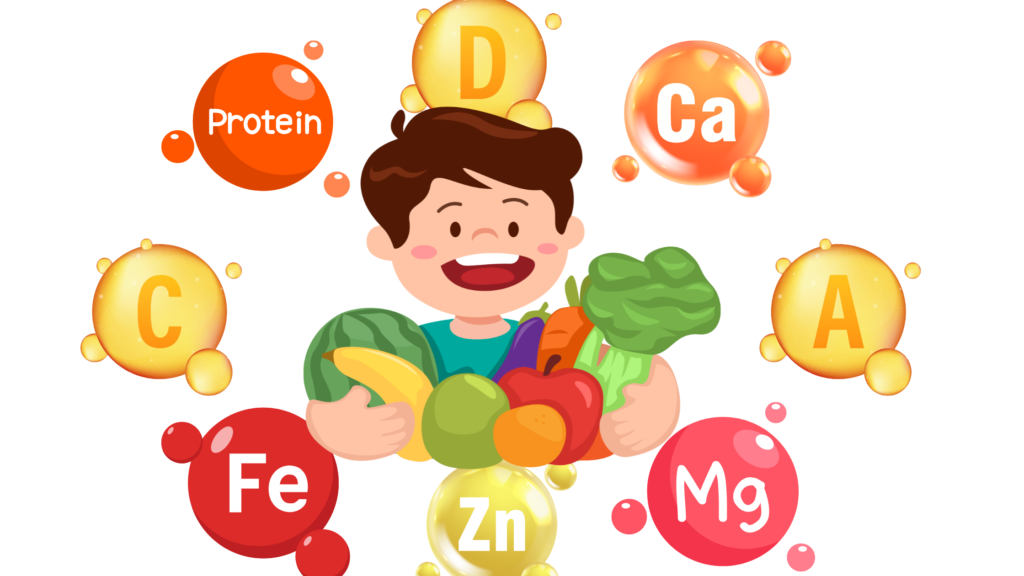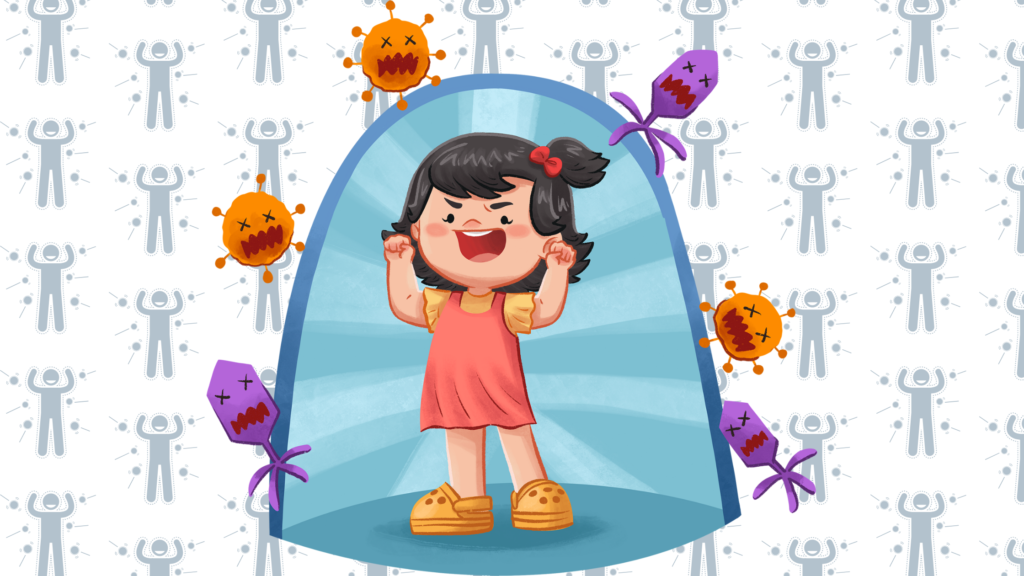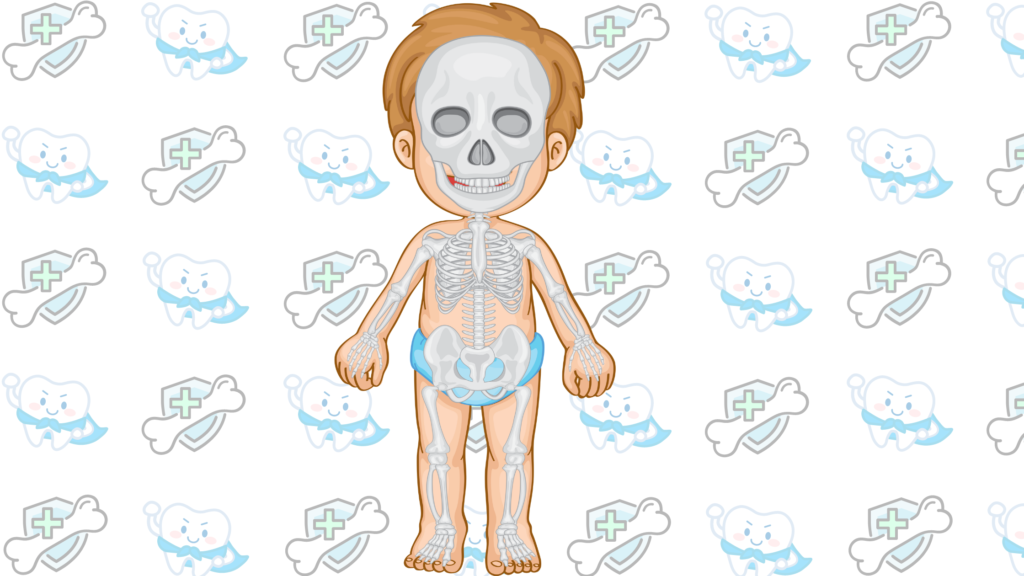
Berdi
urinary Track Health
As a parent, ensuring your child receives the right nutrition can feel like an uphill battle. But have you ever wondered if your child is truly getting all the essential nutrients they need from their daily diet? With busy lifestyles and the increasing availability of processed foods, it can be challenging to ensure our children are consuming a balanced diet. This is where children’s multivitamins can be valuable in supporting their overall health and development.
Good nutrition plays a vital role in your child’s growth and development. Proper intake of vitamins and minerals is essential for building strong bones, supporting brain development, boosting immunity, and ensuring overall well-being. But in today’s fast-paced world, it’s challenging to ensure your child eats a well-balanced diet every day. According to research, many children fall short of their recommended daily intake of vital nutrients, including calcium, vitamin D, and iron . This is where children’s multivitamins step in to fill the gap.
While it’s ideal to get all nutrients from whole foods, the reality is that not all children consume enough of these nutrient-rich foods. Whether it’s because of picky eating, food allergies, or busy schedules, many kids miss out on key nutrients. Children’s multivitamins provide an effective safety net, ensuring that they get the essential vitamins and minerals their bodies need to function properly.
One of the primary reasons for giving your child multivitamins is to fill nutritional gaps. A study conducted by the National Health and Nutrition Examination Survey revealed that a significant percentage of children do not meet the recommended intake for several essential vitamins and minerals. For instance, vitamin D, which is crucial for bone health, is often lacking in children’s diets, especially in those who don’t get enough sunlight exposure. A good multivitamin, like Kids One Daily by Route2Health, can help bridge this gap.

A robust immune system is crucial for children, as they are constantly exposed to new environments, germs, and viruses. Children’s multivitamins typically contain essential immune-boosting vitamins such as vitamins A, C, D, and E. These vitamins work together to strengthen the body’s natural defence mechanisms. A study published in the journal Nutrients highlights that vitamin C plays a key role in enhancing the immune system’s response. Supplementing with a children’s multivitamin ensures that your child is better protected from common illnesses like colds and flu.

The early years of a child’s life are critical for brain development. Nutrients like omega-3 fatty acids, iron, and zinc are vital for cognitive functions, memory, and attention span. A study found that children with adequate levels of zinc and iron showed improved cognitive performance and attention. Children’s multivitamins that include these brain-boosting nutrients can help support their mental development, particularly during school years when cognitive function is of paramount importance.

Calcium and vitamin D are essential for the development of strong bones and teeth in children. According to the Journal of Pediatrics, calcium is crucial during childhood as it’s the time when bone mass is built. Vitamin D aids in calcium absorption, ensuring bones grow strong and healthy. Unfortunately, many children, especially those who consume little dairy, do not get enough calcium from their diet. A children’s multivitamin that includes both calcium and vitamin D can support healthy skeletal development.

Many multivitamins contain vitamin A, which plays a vital role in maintaining good eyesight. Vitamin A is especially important for night vision and helps prevent conditions like dry eyes and night blindness. A study by the World Health Organization confirmed that vitamin A deficiency in children can lead to severe eye conditions and, in some cases, permanent vision loss. Including children’s multivitamins in their diet helps ensure they receive sufficient vitamin A to support eye health.

Some children may have special dietary needs due to food allergies, vegetarian or vegan diets, or other health conditions. In such cases, it can be even more difficult to ensure they are getting all the nutrients they need. For example, children on vegan diets may lack sufficient B12, which is mainly found in animal products. A children’s multivitamin designed to meet these specific needs can provide the extra nutritional support required.

When choosing a children’s multivitamin, it is important to consider the specific needs of your child. Look for a multivitamin that is age-appropriate and provides a balanced range of essential vitamins and minerals. It is also important to choose a product that is made from high-quality ingredients and is free from artificial colors, flavors, and preservatives.
Kids One Daily by Route2Health is a comprehensive multivitamin supplement designed specifically for children. It provides a daily dose of essential vitamins and minerals to support overall health and development. Kids One Daily is available in a delicious chewable tablet that is easy for children to take.
While a balanced diet should always be the foundation of a child’s nutrition, children’s multivitamins can be a valuable tool to help ensure that they are getting all the nutrients they need. By providing essential vitamins and minerals, multivitamins can support immune function, brain health, growth and development, and energy levels. If you are concerned about your child’s nutrition, consider adding a children’s multivitamin to their daily routine.
Kids need multivitamins to fill nutritional gaps when their diet doesn’t provide enough essential vitamins and minerals for proper growth and development.
Children can start taking multivitamins at around age 2, but it’s important to consult a healthcare professional to determine the appropriate type and dosage.
No, multivitamins should not replace a healthy diet. They are meant to supplement the diet, especially when children have difficulty meeting their nutritional needs through food alone.
Yes, multivitamins are generally safe for children when taken as directed. Always choose age-appropriate multivitamins and follow dosage instructions.
Look for multivitamins that provide a broad range of essential nutrients like vitamins A, C, D, and calcium. Avoid products with excessive added sugars or artificial ingredients.











©2023 Route2Health®️
NTN: 2229383
AN ASSOCIATED COMPANY OF HIGHNOON LABORATORIES
STRN: 0301999937728

WhatsApp us
